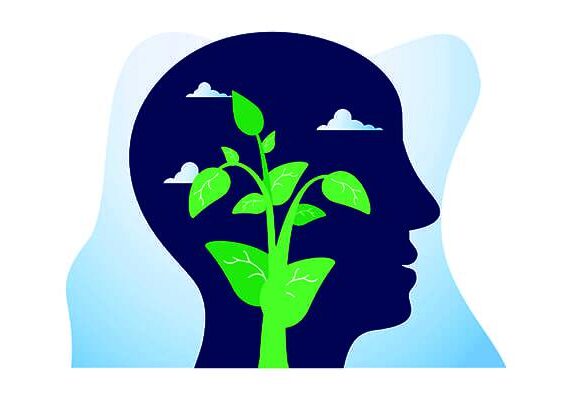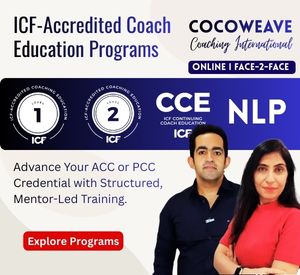“The science of psychology has been more successful on the negative than on the positive side … It has been revealed to us much about man’s shortcomings, his illness, his sins, but little about his potentialities, his virtues, his achievable aspirations, or his psychological health. We must find out what psychology might be if it could free itself from the stultifying effects of limited, pessimistic and stingy preoccupations with human nature.” (Motivation and Personality, 1954, p.354)
In an environment where being a psychologist meant either following a Freudian psychoanalytic path or looking for the “machine-like levers” of human beings through a behaviorist path, Abraham Maslow offered a fresh, human-centered perspective. Maslow is one of the founding members of the third force of psychology, known as humanistic psychology, emphasizing the inherent drive towards self-actualization and discovering our potentialities. Many ideas in coaching, such as potential, strength, purpose and creativity have been strongly influenced by Maslow’s work. It is no wonder, then, that he is among the top ten cited psychologists of the 20th century.
Maslow strongly believed that the other schools of thought in psychology were not showing the whole picture of who a human can be and proposed a different approach. As a coach practitioner and a Ph.D. candidate, I claim that Maslow would have been happy to see how professional coaching is aligned with his vision of helping people reach their full potential.
My focus is on defining Maslowian coaching and coaching for self-actualization in the 21st century. Here are 3 important introductory takeaways in coaching for self-actualization.
The Hierarchy of Needs Reimagined.
Maslow is highly associated with his theory on human motivation and the hierarchy of needs, typically represented by a pyramid. Interestingly, Maslow never envisioned his work to be represented by this shape. Rather, that famous pyramid was developed by a different industrial psychologist, and represents the 20th century thinking of hierarchy and power. Diving deeper into Maslow’s work, I am convinced that the pyramid does not reflect his vision. Given the ongoing movement between needs, a ladder or circle better represents his theory. My effort to re-envision his work with concentric circles more clearly illustrates our interdependence on this planet and reminds us that self-actualization is also growth in awareness. The circles also symbolize an ecological thinking rather than egological (ego–centered) thinking.
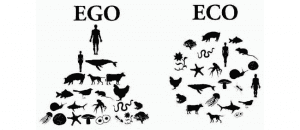
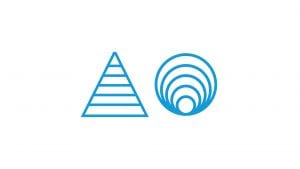
Dynamics Needs Analysis.
Also, largely due to the popularity of the pyramid, many understand the hierarchy of needs as a linear, one-step-at-a-time progression. But it is not actually like unlocking the next level in a game or moving onto the next chapter of a book. Human needs are constantly at play, with a dynamic interplay between them. In fact, at any given time we are under the influence of several needs. Lower needs usually get prioritized, unless there is a higher need in play —for example, choosing to go to Starbucks with your coworkers instead of buying that pizza you’re craving, because you choose to prioritize the need for belonging over your hunger.
How does this show up in coaching? First, this requires a coach to help a client understand their current needs. Meet them in the present moment and help the client attune to their physical, emotional and mental needs. Second, the coach needs to explore whether the client needs horizontal development (meeting the needs of that level) or vertical development (exploring needs of a higher level).
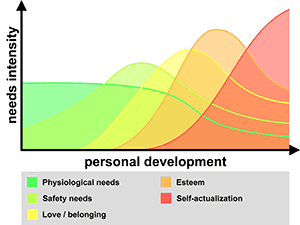
Image: Philipp Guttman, Creative Commons CC
Existentially Contradicting Forces: ‘Being’ Needs and ‘Deficiency’ Needs.
One of the best applications of Maslow’s work in coaching is to understand the two main types of needs for human beings. Deficiency needs (D-needs) create more craving and are more commonly shared among human beings. A human can live their whole life in the realm of D-needs, chasing safety, belonging and esteem needs unless they tap into the Being needs.
Being needs (B-needs), by contrast, are about our meta-needs of truth, justice and beauty. Maslow calls these B-values. B-needs or B-values are more unique and need to be explored. They are about our guiding light: our purpose, vision, values, strengths and principles that are all indicators of our calling and our desire to reach potential. This view is highly aligned with the field of developmental coaching and I would even claim that development coaching is coaching for self-actualization.
“We try to make a rose into a good rose, rather than seek to change roses into lilies … it necessitates a pleasure in the self-actualization of a person who may be quite different from yourself. It even implies an ultimate respect and acknowledgement of the sacredness and uniqueness of each kind of person.” (Abraham Maslow, 1996, Future Visions, unpublished essays)
As coaches, our role is to help our clients explore who they are, who they are becoming and who they can be. With Maslow’s work, it’s about exploring the farthest reaches of human nature.
© Maslow Centre for Executive Leadership
Disclaimer
The views and opinions expressed in guest posts featured on this blog are those of the author and do not necessarily reflect the opinions and views of the International Coach Federation (ICF). The publication of a guest post on the ICF Blog does not equate to an ICF endorsement or guarantee of the products or services provided by the author.
Additionally, for the purpose of full disclosure and as a disclaimer of liability, this content was possibly generated using the assistance of an AI program. Its contents, either in whole or in part, have been reviewed and revised by a human. Nevertheless, the reader/user is responsible for verifying the information presented and should not rely upon this article or post as providing any specific professional advice or counsel. Its contents are provided “as is,” and ICF makes no representations or warranties as to its accuracy or completeness and to the fullest extent permitted by applicable law specifically disclaims any and all liability for any damages or injuries resulting from use of or reliance thereupon.
Authors
Post Type
Blog
Audience Type
Coach Educators, Experienced Coaches, Internal Coaches, Mentor Coaches, New Coaches, Professional Coaches, Team and Group Coaches
Topic
Coaching Toolbox, Discover - Your Coaching Career, Future of Coaching, Research
Related Posts
How to Master AI and Authenticity in Coaching
How do you stay relevant when AI can now draft client assessments…
Coaching as a Strategic Advantage: What the 2025 Global Coaching Study Reveals
The 2025 ICF Global Coaching Study highlights continued global growth in professional coaching alongside…
The Power of Active Listening in Meaningful Coaching: Why Active Listening is the Most Essential Coaching Competency
Of all the foundational coaching competencies identified by the International Coaching Federation…
